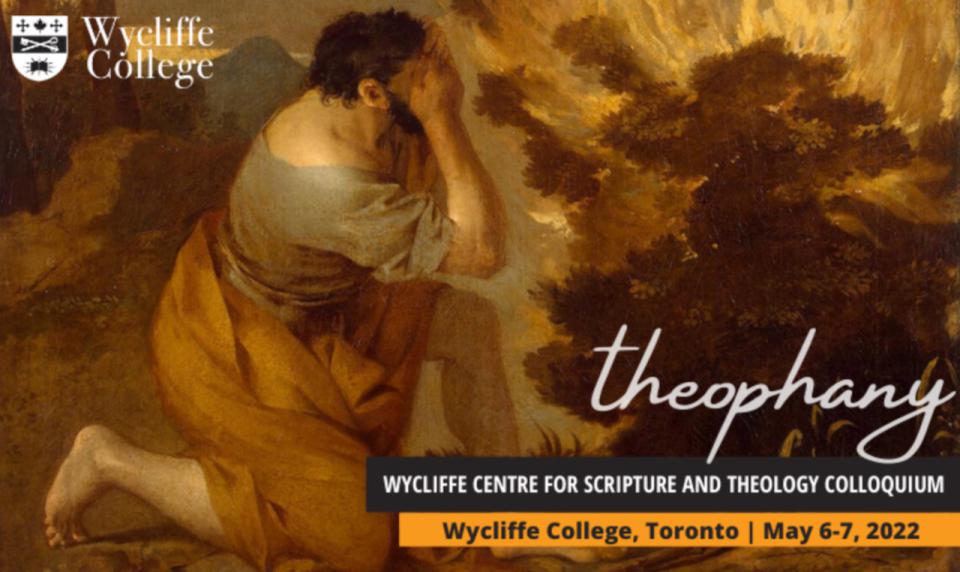Looking ahead to next month's Scripture and Theology Colloquium, we asked Professorial Fellow and Symposium organizer Mark Elliott (ME below) what participants can expect.
Q: How did the Scripture and Theology Colloquium get started?
ME: The Scripture and Theology Colloquium dates back to 2008 when Christopher Seitz and Ephraim Radner had the idea to discuss (alternately) biblical books and theological topics by inviting specialist panelists, either biblical scholars or theologians to engage with each other. Chris stepped back with his move to France a few years ago, and Ephraim, having led it for over a decade passed it on to me to see it through the COVID-times online-only version (of which we had two events) and into the new season of hybrid colloquia.
Q: Who is the Colloquium for?
ME: The idea was always and so remains to have pastors, Christian practitioners, as well as graduate students, and faculty. It is academic, but it is academic for the sake of resourcing the church and hence seeks to distill and help to apply rigorous and informed theological thinking.
Q: Why should someone consider attending?
ME: The upcoming Colloquium on Friday, May 6 will approach the topic of Theophany in the Bible, in tradition, and as a theological concept. A Theophany occurs when God (Greek: theos) appears (Greek: phan-) to people in a way that he comes close in personal presence to communicate and draw those people in. These encounters can take different forms, using different kinds of visions and words, and involve quite a range of people for whom the theophany is tailor-made.
It could be relevant to thoughtful and prayerful Christians whose own seeking after God would be refreshed by considering how God seeks after believers.
Q: Why is this subject important?
ME: The question of whether God still speaks to his people or at least some of his people, usually in the context of giving them a mission to accomplish remains a real one. Seeing the marks of this in the Bible and in the Christian tradition can be very useful in interpreting contemporary theophanies.
Q: Give us a rundown of the schedule. What’s going to happen?
ME: The schedule is simple: A 10:00 a.m. start soon leads to Stephen B. Chapman (Associate Professor of Old Testament) and Brent Strawn (Professor of Old Testament) both from Duke Divinity School leading us into exploring some of the key Old Testament texts where God appears to people in an unmistakable way. Then Kate Sonderegger (Chair of Systematic Theology at Virginia Theological Seminary) will apply her rich and reflective theological mind to the topic, as will our own Justin Stratis (Professor of Systematic Theology at Wycliffe College). The four speakers will then form a panel to take questions from the floor.
Q: What can participants expect?
ME: Stimulating lectures, sharp discussion, warm fellowship, the chance to ask questions, and an experience of a forum for the kind of thinking that is hard to find in many other places.
***
Buy tickets for the Scripture and Theology Colloquium here.





